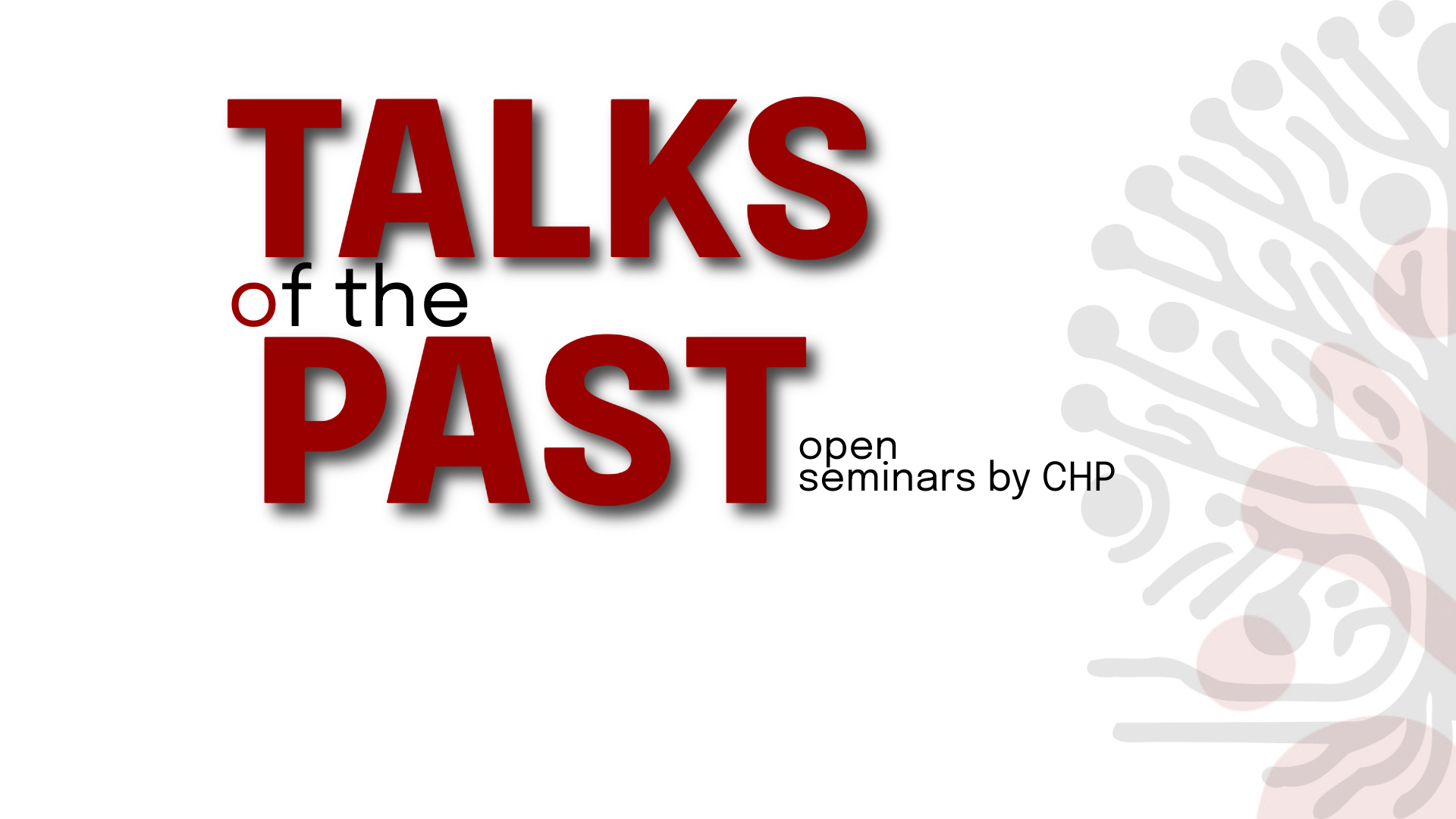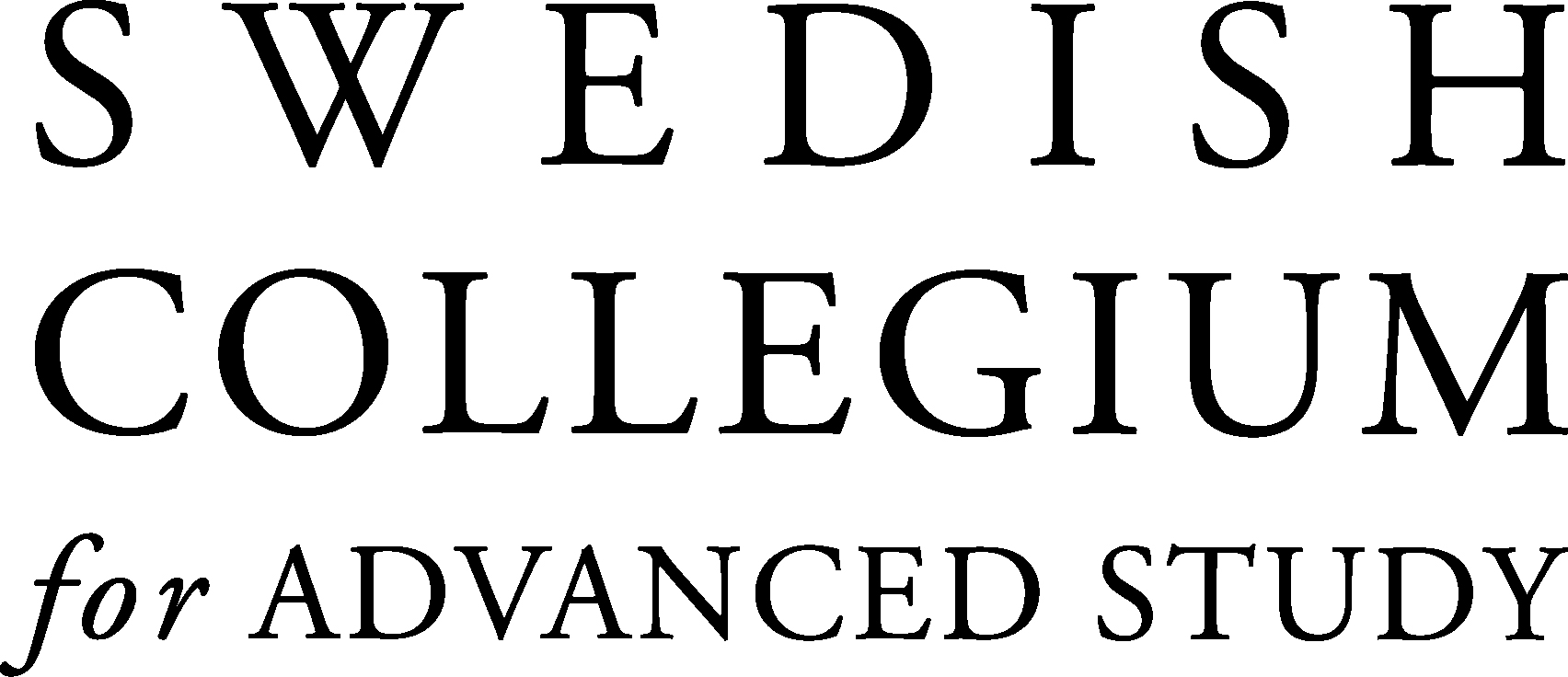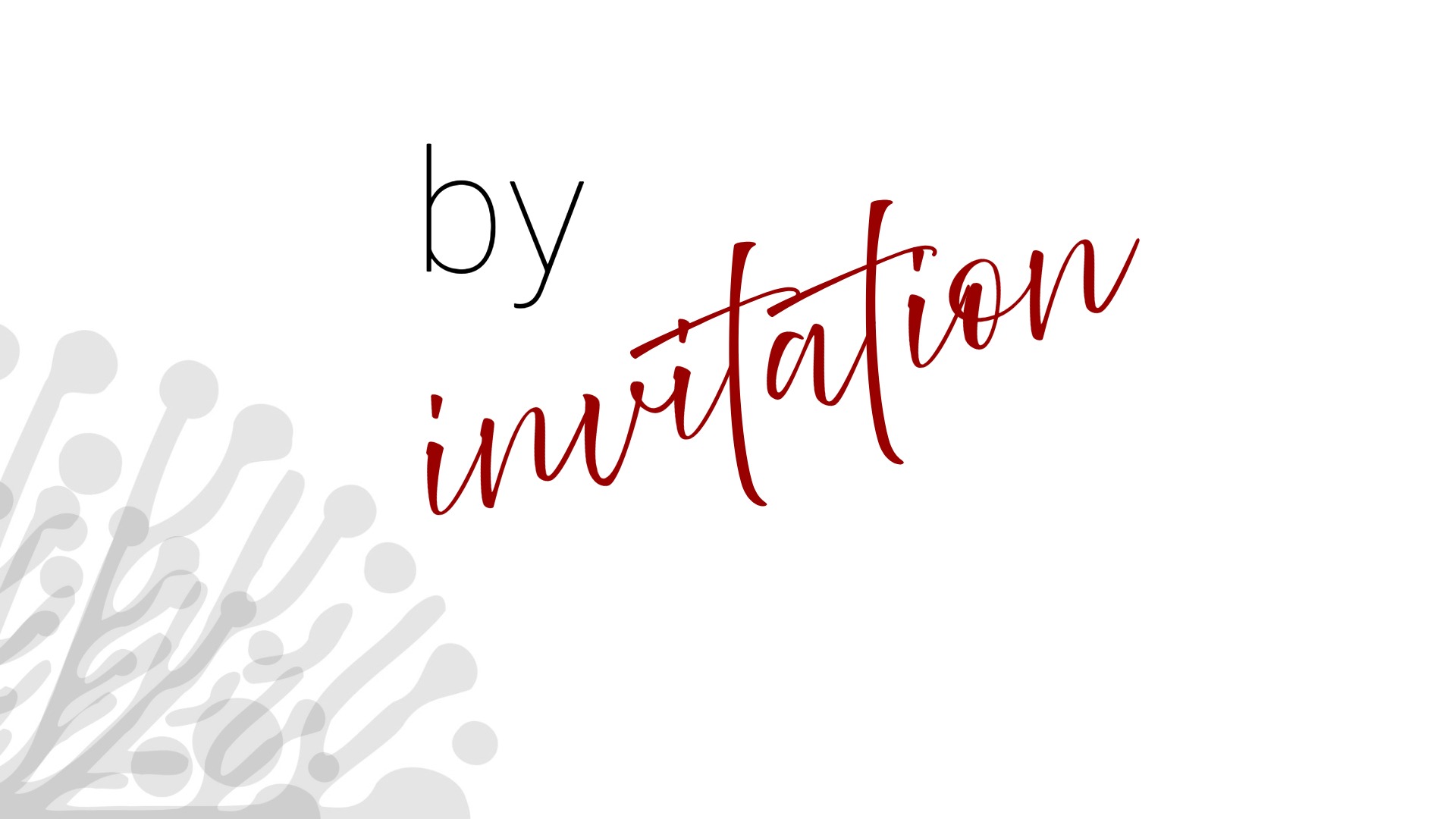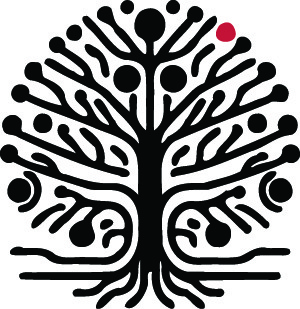
Events
-
-

-
-
-

Talks of the Past (ToP) Open Seminar, Nov 6th, 2024: New linguistic and archaeogenomic perspectives on the origin and spread of the Germanic languages, speaker Guus Kroonen
Blåsenhus, UU, lärosal 21:136 von Kraemers allé 1, Uppsala, SwedenSynopsis The Germanic languages, including English, German and the Nordic languages, are widely assumed to have dispersed from Southern Scandinavia after the Pre-Roman Iron Age. However, the demographic processes behind […]
-
Carina Schlebusch inaugural lecture: “Mapping Human History through African Genetics”
Lecture Hall IX, Uppsala University Main Building Biskopsgatan 3, Uppsala, Sweden“In my research I use genetics as a tool to investigate human history. My special interest and expertise in the population history of Africa allow me the opportunity to investigate […]
-
-
-

Talks of the Past (ToP) Open Seminar, Dec 4th, 2024: The Language Families of the World: Current State and Future Perspectives, speaker Harald Hammarström
Blåsenhus, UU, lärosal 21:136 von Kraemers allé 1, Uppsala, SwedenAbstract The approximately 7,000 languages of the world is currently divided into no less than 422 lineages (= families + isolates) by the orthodox evidential criteria of Glottolog (glottolog.org). Should […]
-
-
-

Talks of the Past (ToP) Open Seminar, 5th Feb, 2025: 6000 years of ancient foodways in NE Baltics: biomolecular methods and social implications, speaker Ester Oras
Blåsenhus, UU, lärosal 13:028 (plan 1)Abstract Biomolecular archaeology has taken a leading role in ancient dietary reconstructions. The molecular- and isotopic-level information gained from ancient skeletal remains and pottery can reveal a more cohesive but […]
-

SCAS SEMINAR – Pastoralists and Agriculturalists in the Rigveda and Beyond, speaker: Axel Palmér
Thunberg Hall, Linneanum Thunbergsvägen 2, Uppsala, SwedenOur Human Past Fellow Axel Palmér will deliver a talk on his current research project at one of the Swedish Collegium for Advanced Study (SCAS) seminars. Welcome!
-

Journal Club discussion
Article: “The genetic origin of the Indo-Europeans”
-
-

Talks of the Past (ToP) Open Seminar, 5th Mar, 2025: Prehistoric plant DNA and the agricultural history of the Canary Islands, speaker Jenny Hagenblad
Blåsenhus, UU, lärosal 13:028 (plan 1)Abstract The intimate relationship between humans and crop plants means that traces of human cultural practices become embedded in the crop genome. Aspects of past cultures not documented in written […]
-
